A field course for students from the Indian Institute of Forest Management
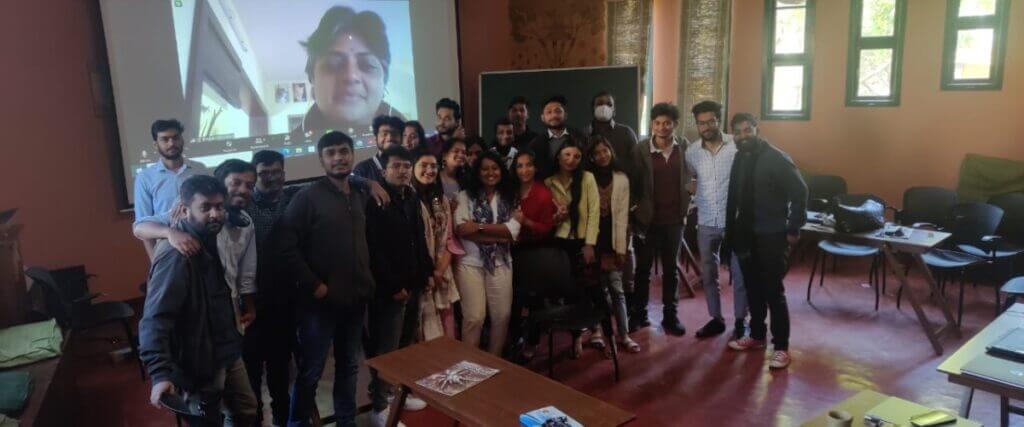
For many years now, our BiodiversIty Conservation programme has been offering field courses in collaboration with institutions across the country. One of these longstanding courses has been in alliance with the Indian Institute of Forest Management (IIFM). Students of IIFM pursuing M.Phil. and PG Diploma in Forest Management largely enroll in this course that focuses on Ecology and Society holistically. Due to […]
Celebrating the Importance of Wild plants, fruits and vegetables
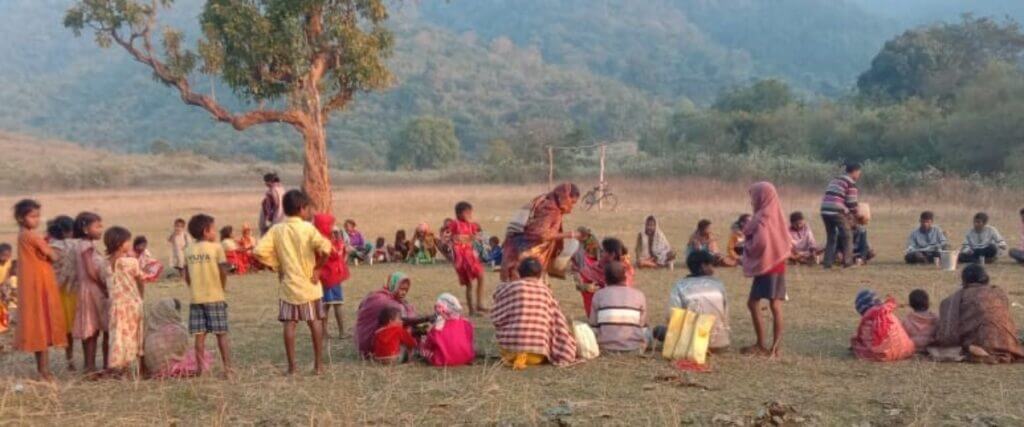
Our network partner organisations across Central India kicked things off by organising events to celebrate wild foods in their region. This mainly involved the Sabar community – one among the eight Particularly Vulnerable Tribal Groups in Jharkhand. Traditionally, they have been foraging the land to collect and eat the naturally available food. Wild foods which include plants, fruits and vegetables play an important role in their […]
First Week – Indigenous Worldviews
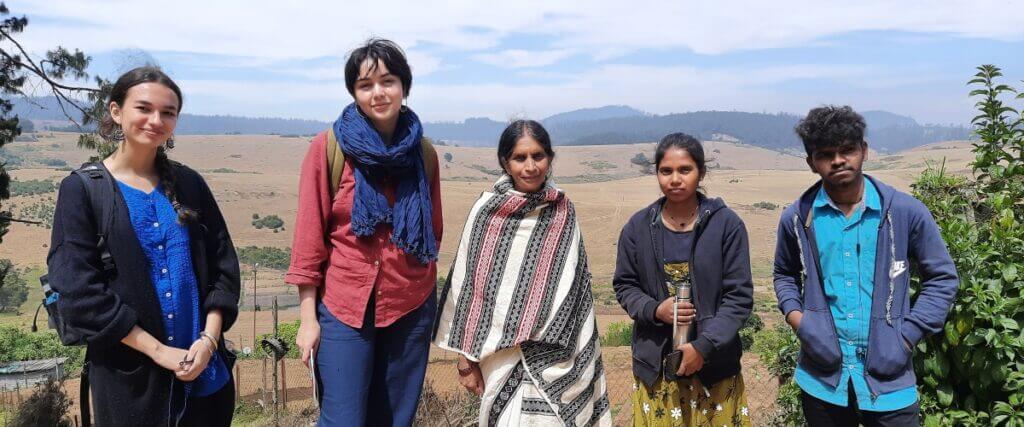
The official first week of NFLC classes began with the theme of Indigenous Worldviews. Thefirst class and Cross Boundary Exercise (CBE) set the scene for a way of thinking that aided inunderstanding the multidimensionality of the upcoming classes. The students and resource leadsbegan with an exercise where each had to draw their own world view. […]
Field Course for IIFM students 2022 – Blog 3
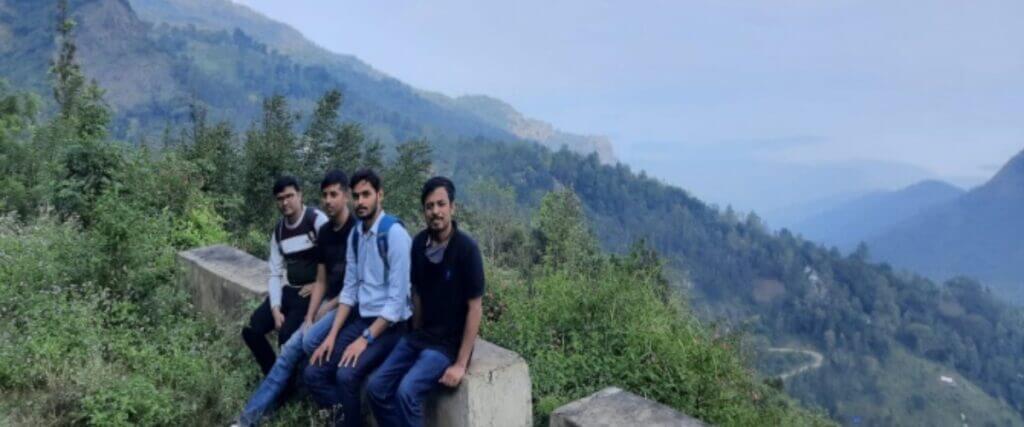
Learnings from Nursery for native plants From the moment we reached Kotagiri, we were eagerly looking forward for our upcoming adventures and new experiences. It was amazing to witness keystone’s accommodation and how peacefully humans and animals coexisted with each other. There were frequent visits from gaurs, boars and monkeys on the site although there […]
Field Course for IIFM students 2022 – Blog 2

A Journey around the Ongalwadi pond Our field trip to Keystone Foundation based in Kotagiri was an unforgettable adventure. At Keystone, our team was assigned the task to prepare a report and a management plan for the restoration of Ongalwadi Pond in the Hasanur area of Sathyamangalam. The purpose of our project was to examine […]
Field Course for IIFM students 2022 – Blog 1
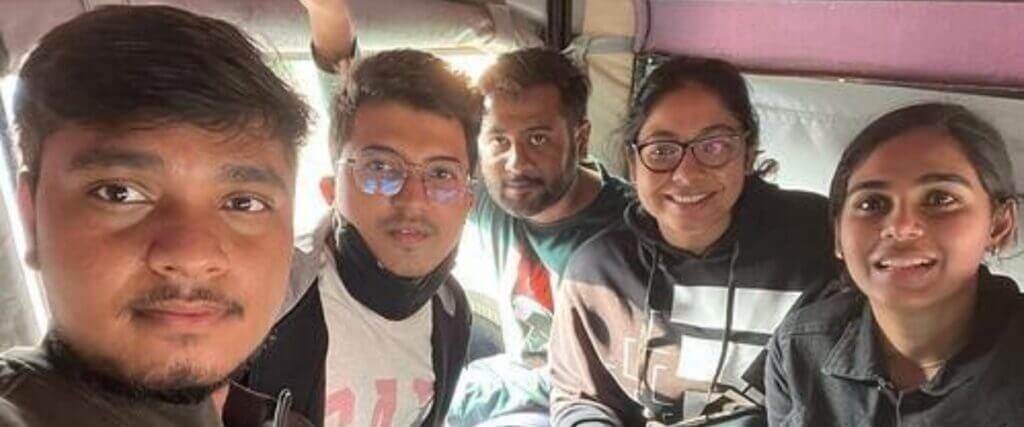
Wings for our dream “People never learn anything by being told, they have to find out for themselves.”-Paulo Coelho, [Veronika Decides to Die] This quote in short sums up the very purpose of the fieldwork experience component of IIFM. Courtesy, Covid 19 induced pandemic, the only exposure to the pedagogy the 2021-23 batch had was […]
Bhoomika: An inspiration to women entrepreneurs
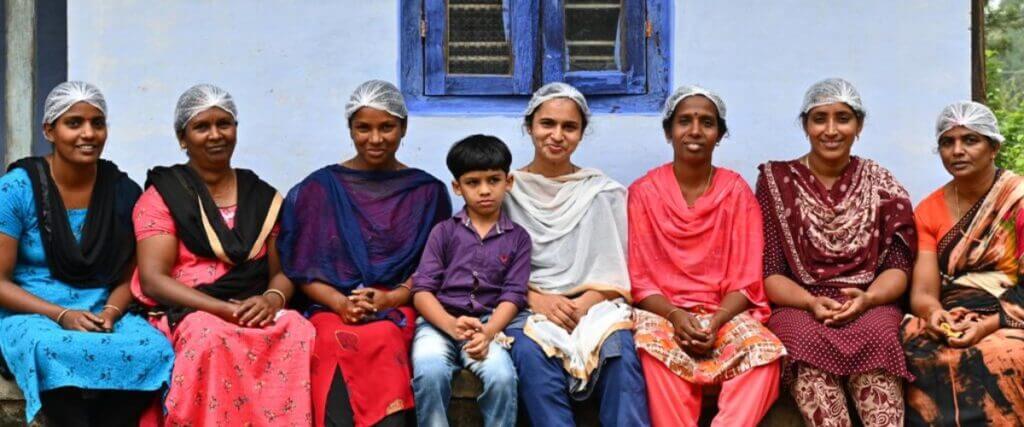
A women-led microenterprise in Kerala’s Wayanad district has successfully managed to beat setbacks from Covid and be an inspiration to a lot of other women trying their hands at entrepreneurship. Seven women of Panavalli in Thirunelli panchayat got together to launch their small enterprise Bhoomika by leveraging the Rebuild Kerala Initiative launched by the Kerala […]
Promoting Forest Gardens in Fallows
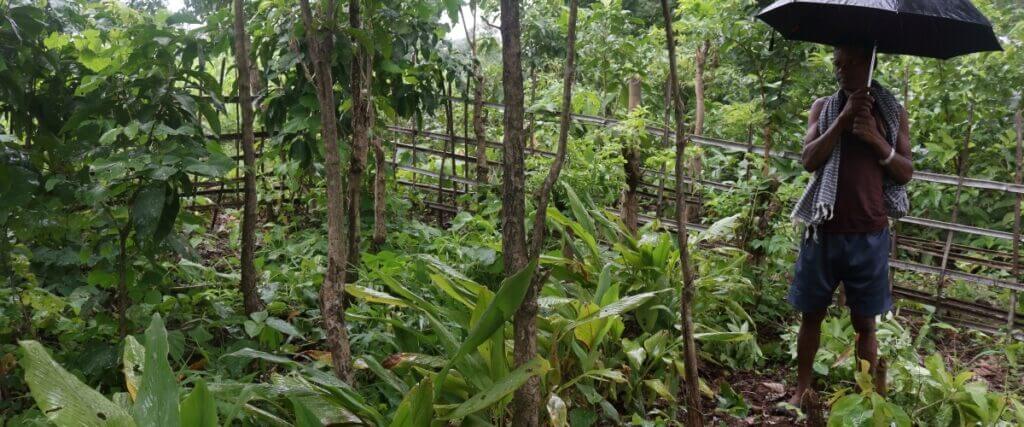
Traditionally, the Paharia community leave their land fallow after 2-3 years of cultivation. ideally, the minimum optimal fallow period should be 10 years, which has gradually declined over the years and brought in invasive species. In order to extend the fallow period, Pahariya families have been encouraged to develop Forest Gardens through the cultivation of shade-tolerant crops aimed at generating additional livelihoods and sources of food.
Training to Improve Handicrafts Skill
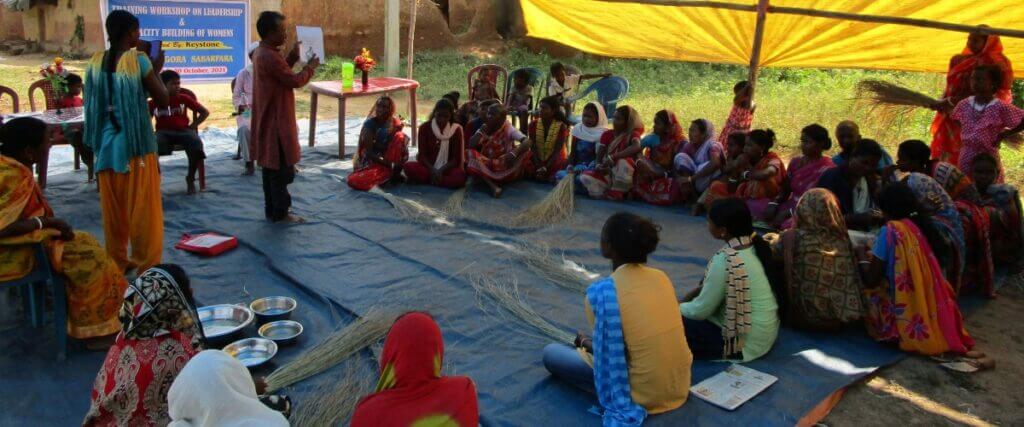
Capacity building and trainings are essential forms of intervention to help communities identify activities that can enhance their livelihood options. Indigenous women from the Santhal and Sabar communities of the Purulia district in West Bengal were engaged in a similar workshop/training that was held over two days.
More farmers turn to Millet cultivation
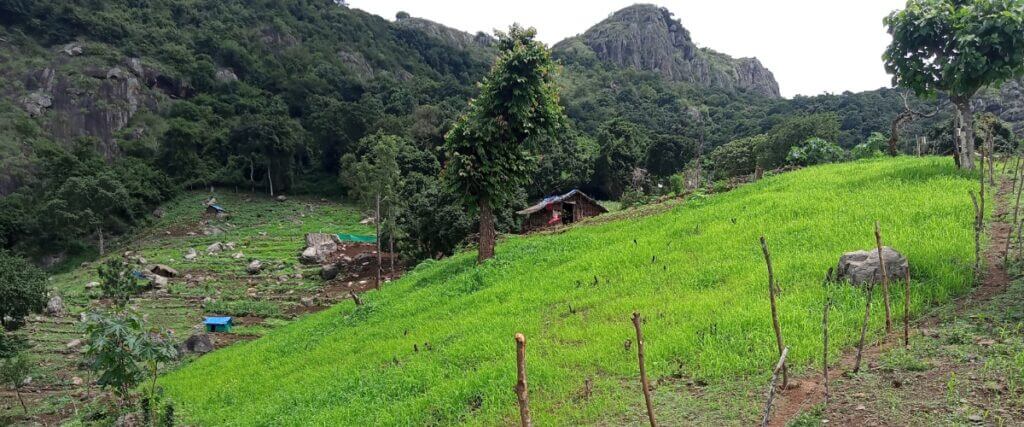
The revival of millets has been the most beneficial intervention among the many that were carried out during the lockdown last year. Indigenous farmers were able to attain food self-sufficiency during times when food prices were high at the retail level due to supply disruptions. In the region of Aracode, 63 more farmers have shown interest to […]













